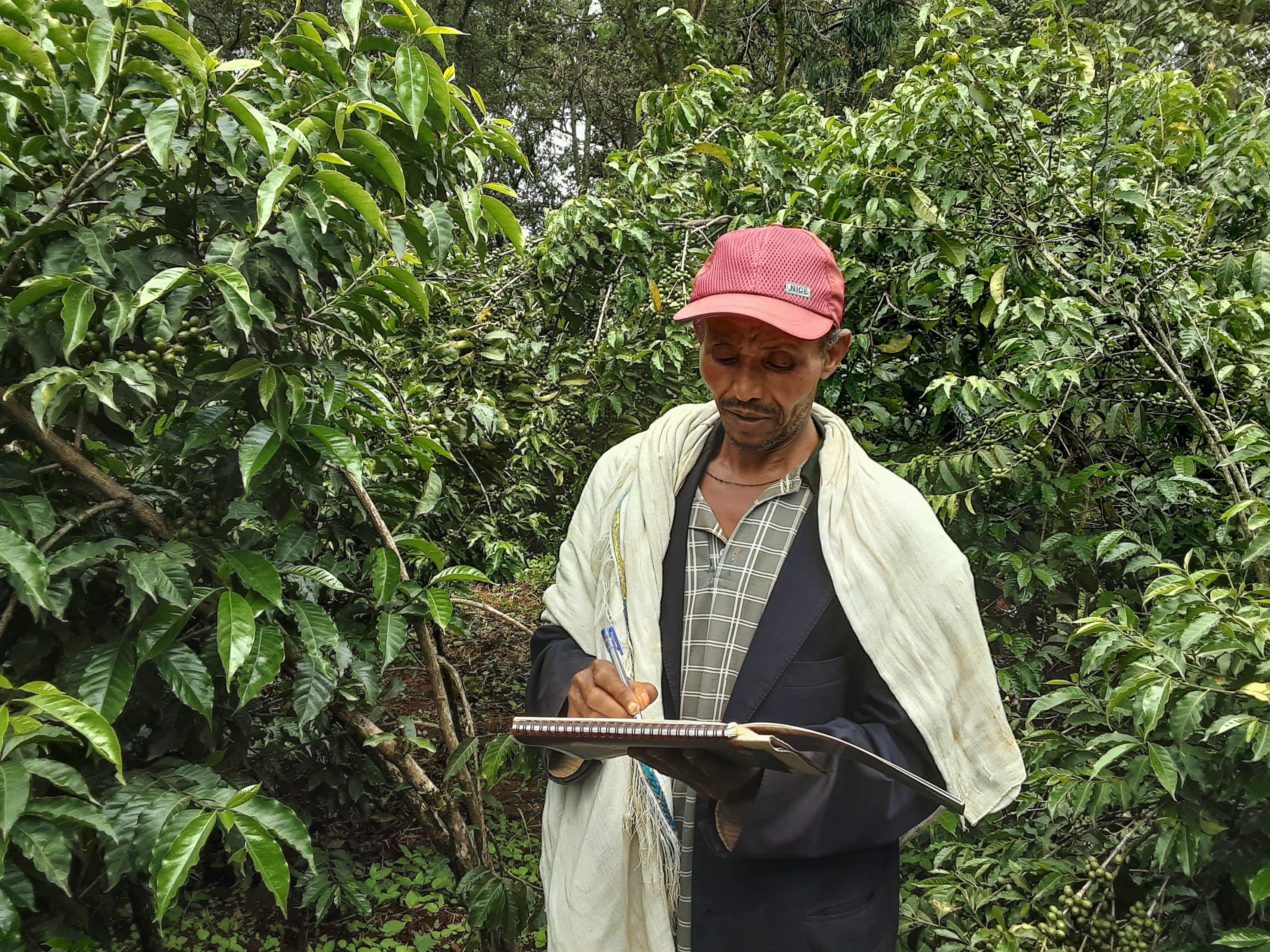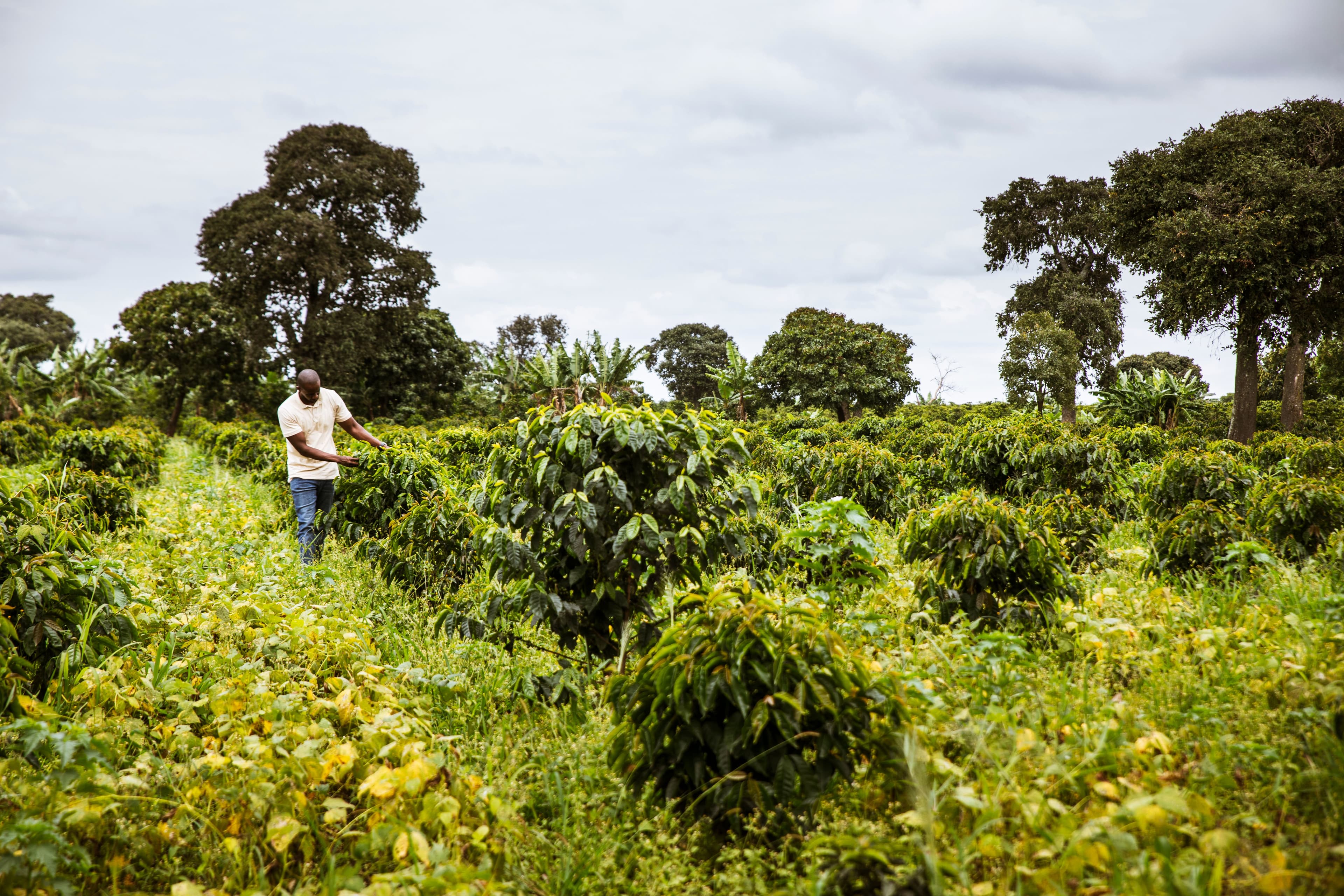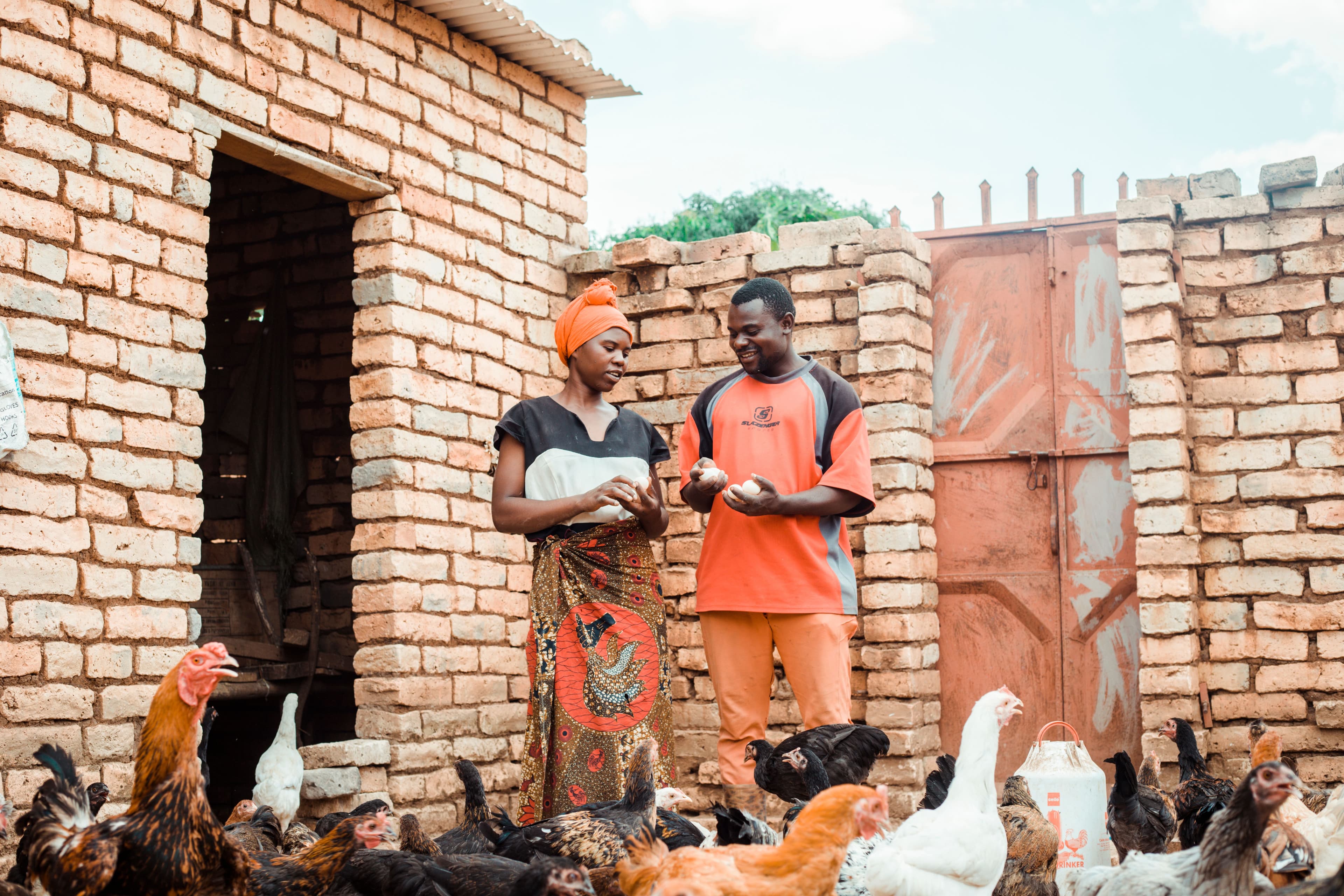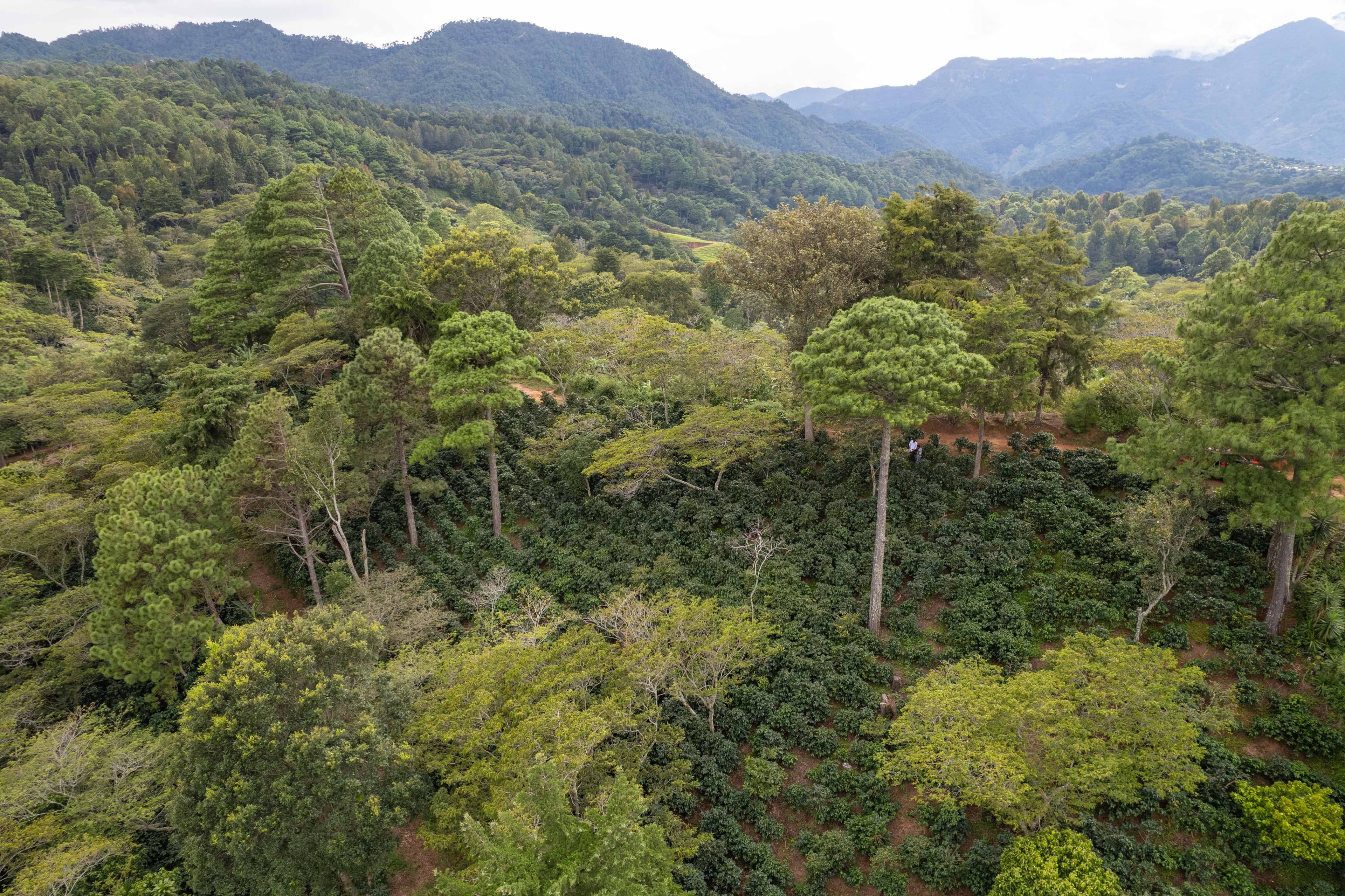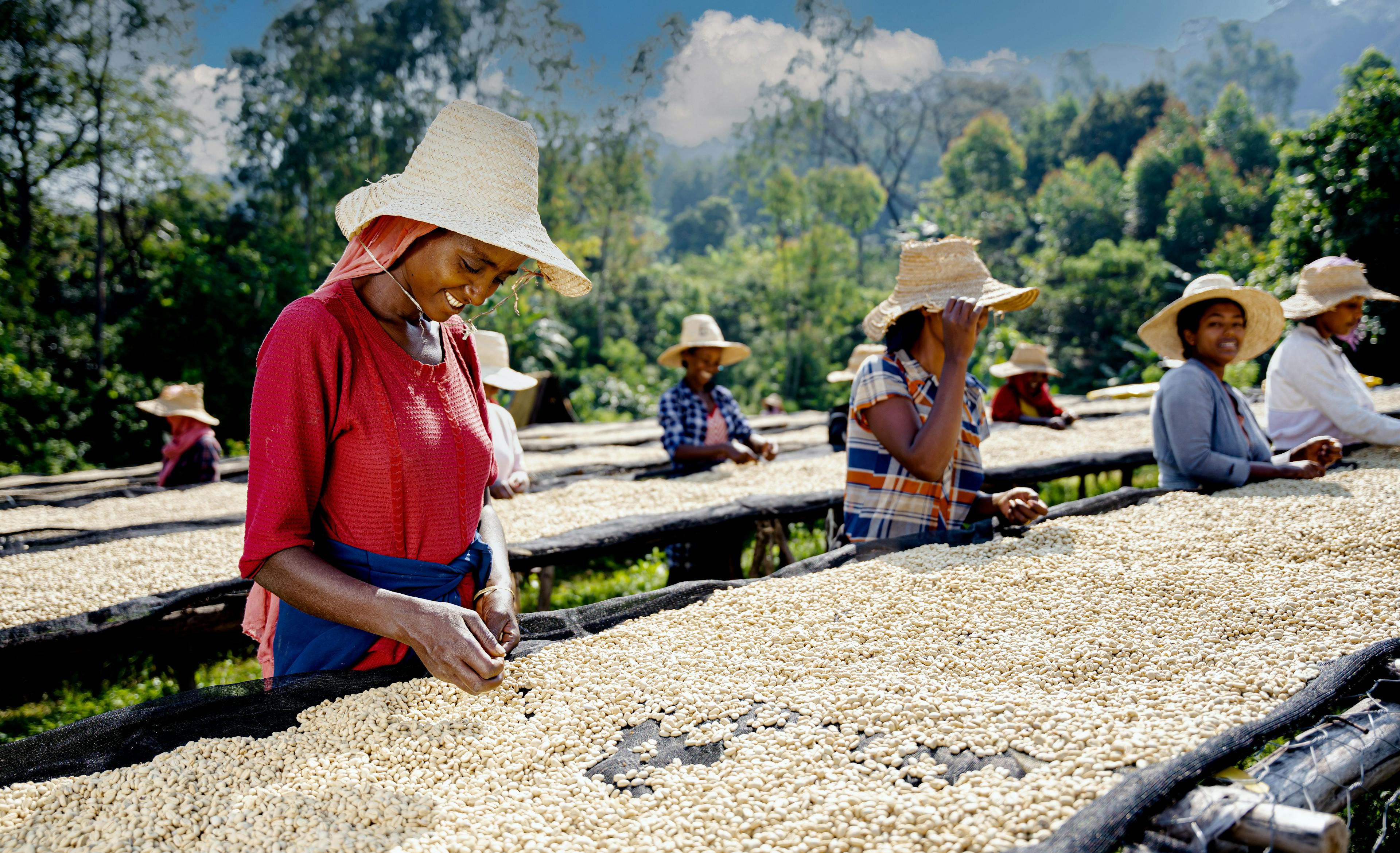
CAFE II in Ethiopia: Learnings From A Successful Project
Since 2019, ICP has been active in Ethiopia’s Amhara region to support the local coffee smallholder families to improve their livelihoods: The project CAFE II (Coffee Alliances for Ethiopia) is a cooperation between ICP, the Austrian Development Agency (ADA), and the implementing partner Hanns R. Neumann Stiftung (HRNS). 2,500 coffee farmers and their families, representing 15,000 people in total, have been participating in CAFE II. It builts on the results of its predecessor CAFE, which ran from 2014 to 2019 and was funded by the Lavazza Foundation, the Löfberg Family Foundation, ADA, and HRNS.
CAFE II focuses on enhancing farmers' livelihoods by
- further promoting the professionalization of farmers' cooperatives and union,
- providing training to farmers through farmer field schools to increase their adoption of good agricultural practices (GAPs) and to diversify their production systems,
- promoting gender equality through couples’ seminars, encouraging a more equitable and efficient use of the available resources, and
- supporting youth income generation along the coffee chain.
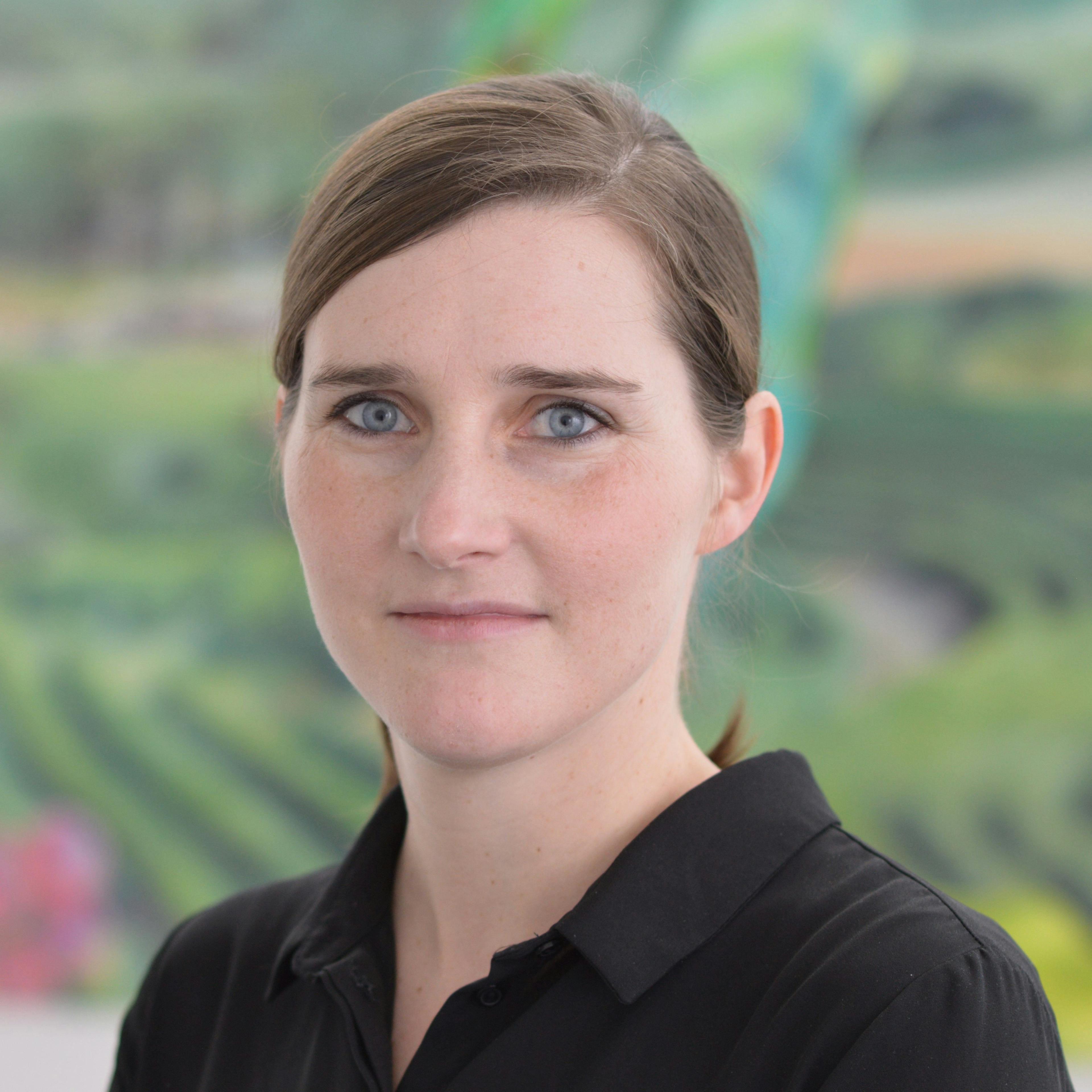
"We are very pleased with the results of the project: the increased adoption of GAPs has significantly increased coffee productivity and made farmers more resilient to climate change. We have also been able to promote gender equality and diversification of income sources through the project."
The key achievements of CAFE II are:
Coffee Productivity and Profits
CAFE II has considerably improved the coffee productivity of smallholder farmers: Farmer field schools trained farmers in good agricultural and climate-smart practices, which they increasingly adopted - with remarkable results:
During the project, farmers increased their GAPs from an average of 2.7 GAPs (out of 10) to 4.8.
While farmers reported an average yield of 385 kg of green coffee beans per hectare in 2020, this figure increased to 655 kg by 2023- an increase of 70 %.
As a result, coffee profitability more than quadrupled over the course of the project, partly due to higher coffee prices, but mainly due to the increased adoption of GAP.
Climate Resilience
The increased adoption of GAPs also made farmers more resilient to climate change (especially through proper shade tree management). During the project, the climatic conditions continued to be problematic with a prolonged rainy season that included both heavy rain and snow. However, the impact of climate change on farming families’ harvests has been stable.
The proportion of farming families that suffered little or no climate-related crop losses remained stable at around 90 % during the project period, despite worsening climatic conditions.
Income Diversification
Farmers have diversified their production systems and also planted more vegetable gardens for home consumption during the project. This is an important step in increasing both income and food security, as it builds resilience to shocks, such as price drops, disease outbreaks or adverse weather conditions.
Over the course of the project, the average number of income sources reported by households increased from 3.2 to 3.5 and the proportion of families growing fruits or vegetables for home consumption on their farms increased from 77 to 90 %.
Gender Equality
The couples seminars have been a very successful approach. There has been a remarkable increase in joint decision making to implement a practice.
Across all practices, the percentage of households reporting that the husband and wife make joint decisions about the practices adopted increased from 61 % to 87 % during the project. The only exceptions are physically demanding practices such as planting and stumping, and more complex activities such as organic fertilization, which are still dominated by men.
Farmer Organizations
Strong and stable farmer organizations and unions are key to strengthening the role of coffee farmers in the supply chain and their access to national and international markets.
Based on an internal assessment, all participating cooperatives as well as the Amhara Coffee Farmers Cooperatives Union (ACFCU) have made progress in their professionalization. At the end of the project, nine out of ten cooperatives were in the consolidation phase and one could be classified as strong and professional.
- The share of farmers who are members of a cooperative increased from 40 % to 50 % during the project.
"A key objective of the project was to promote the professionalization of farmer organizations in the areas of logistics, coffee processing, quality control, coffee marketing, and business planning."
Livelihood
The clear upward trend in the various indicators set the stage for improving the livelihoods of smallholder farmers, the main objective of the project.
- In 2020, 19 % of households lived below the national poverty line and 5 % below the extreme poverty line of 1.25 US dollars per capita per day. These figures decreased to 14 % and 3 % respectively by 2023.
The proportion of households that reported not having enough food to meet their family's needs in the past 12 months decreased from 2 % to 0 % over the course of the project.
The CAFE project will continue in the future, with a particular focus on expanding activities in the areas of shock resilience, financial literacy, and farmer organization.

"The project has successfully demonstrated that - in order to maintain a high level of livelihoods for smallholder farmers in the long term - it is important to go beyond providing training in agricultural practices and also include other activities, particularly in the areas of gender equality, income diversification, climate resilience, and farmer organization."
